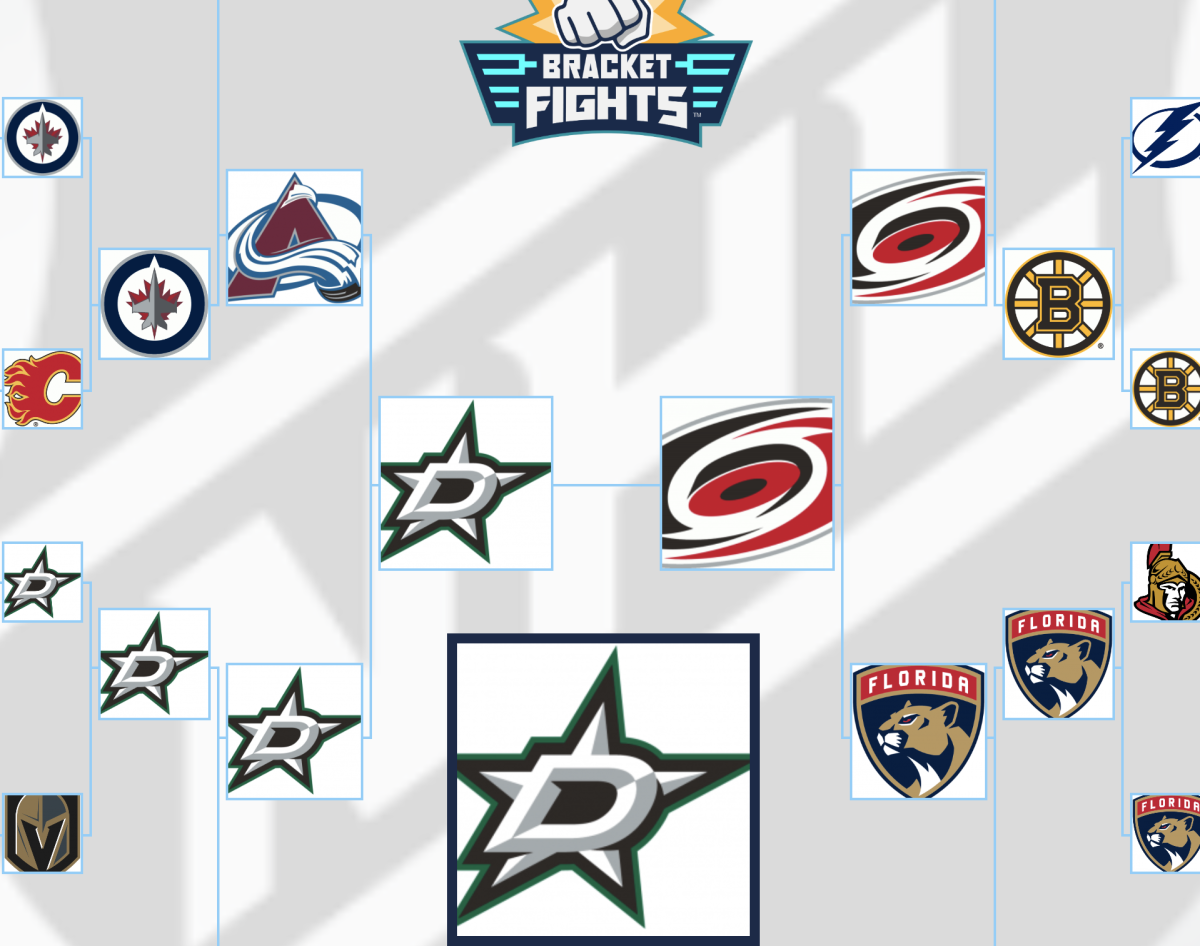Gambling addiction damages underage teens
December 15, 2018
High school students face stress daily for a variety of reasons, but underage gambling is one that goes unnoticed. I was one of the unnoticed that fell victim to underage gambling. I didn’t know what I was getting into. Online gambling was an avenue for me to relieve my stress but ultimately led to catastrophic problems in my life. Students across the globe, like me, are constantly being fed into this addiction that’s almost impossible to give up. Underage gambling is an addiction that must be stopped.
The majority of my time was spent online, gambling on unregulated websites that permitted anyone to place bets if they had access to a credit card. At 14-years old, I didn’t understand the repercussions of such an act. I spent time at lunch gambling with friends, and again when I got home. I usually lost, and because of unawareness, I gambled again, and again and again. It was a rinse and repeat cycle. It lasted until one day when I looked into the mirror and realized everyone I knew had disappeared from my life. My friends and family had vanished and I had lost control.
In hindsight, I wish I’d known that underage gambling wasn’t an addiction unique to me, but instead a growing addiction for youth in America. According to knowtheodds.org, studies in recent years have shown a 2.1% increase in underage gambling from ages 14-21, which amounts to roughly 2,605,306 teens. This means over 2 million young adults are gambling in numerous ways through loopholes in the system. The problem is that young adults aren’t aware of the harsh repercussions of their actions. The average brain of a young adult doesn’t fully develop until 23 or 24 years old, which allows teens to gamble despite underdeveloped logical thinking skills.
I gambled through a video game called Counter-Strike. Third-party websites allowed me to convert items I purchased in the game to currency I could gamble with. Through this loophole, thousands of young adults are able to place bets in an unregulated system. However, some states regulate online gambling and take it very seriously. According to New Jersey’s online gambling website, “[The state] takes strong verification checks on all customers at the time of account establishment.” Many states have followed suit. Missouri, Pennsylvania, Delaware, and 11 others have enforced online gambling laws in their state. If the rest of America practiced these laws, online gambling wouldn’t be as accessible.
Teenagers gamble in different variations such as with dice and cards, and also on sporting events. For social experience or monetary gain, these “harmless” ways of gambling can turn into serious addictions. Students resort to locations such as the bathroom or library where minimal faculty are present. College students gamble as well. According to sciencedirect.com, students from both University of Memphis and Nevada gambled at casinos. Of the respondents, 24.2% from Memphis and 52.7% from Nevada had illegally gambled in casinos. Similar to how college students obtain drugs or alcohol easily, they also find easy ways to gamble that aren’t online.
Many solutions to this problem exist, one would include reducing advertising. Advertisements portray gambling as a successful business that “changes lives.” When gambling is translated through advertisements in a positive connotation, kids believe it. At the University of Sydney, researchers found in 2007 that North Carolina State Lottery spent over $385,000 on advertising and scholarships for university events, essentially promoting underage gambling. They also discovered a New York advertisement that read, “All you need is a dollar and a dream.” These false advertisements come from credible sources that shed a positive light on gambling and leave a convincing message to youth.
While lowering the amount of positive advertisements surrounding gambling will have a positive impact on America as a whole, other things can be done at the school level. Students at U. City can work together to make this addiction less probable for fellow students by working with administration to add it to common curriculum. Plenty of information is available about drugs and alcohol, but rarely underage gambling. An idea would be to implement underage gambling lessons into the Personal Finance curriculum that teaches the value of money and how gambling affects it, as well as having an assembly focusing on underage gambling. During the assembly, professionals from the National Council of Problem Gambling and students damaged by underage gambling would speak to the student body about why gambling is harmful.
Ultimately, parents are the ones who can stop an underage gambling addiction before it starts. Common symptoms that show addiction include missing school, grade drops, less interest in extracurricular activities, mood swings and increased value in money. If parents become aware of these symptoms, they must be the ones who communicate with the student and get professional aid which can be found by calling the National Council on Problem Gambling at 1-800-522-4700 or using their live text chat. Parents can also call Missouri’s Gambling hotline at 888-BETS-OFF.
An addiction to underage gambling produces detrimental effects in the lives of those addicted, in addition to their families and friends. According to Missouri law, a person must be 21 years of age to gamble legally. If violated, young adults could be put in jail and it could negatively impact the rest of their life. I was affected by underage gambling, and I didn’t let my friends and family know. For those who make the same mistake, seek help. You are not alone.





































